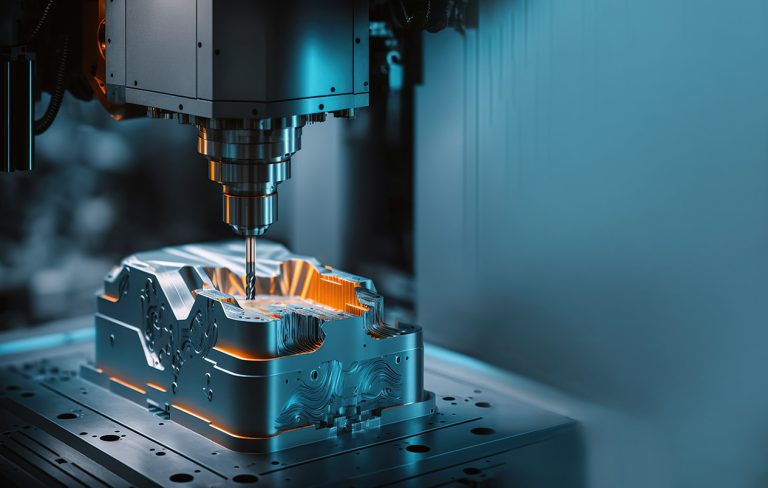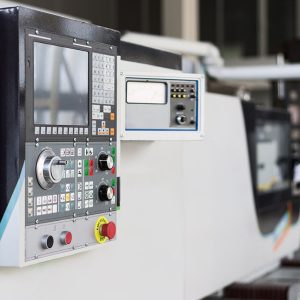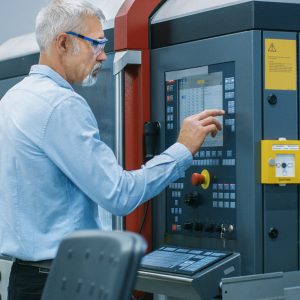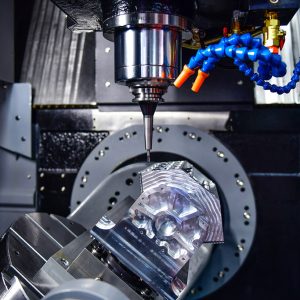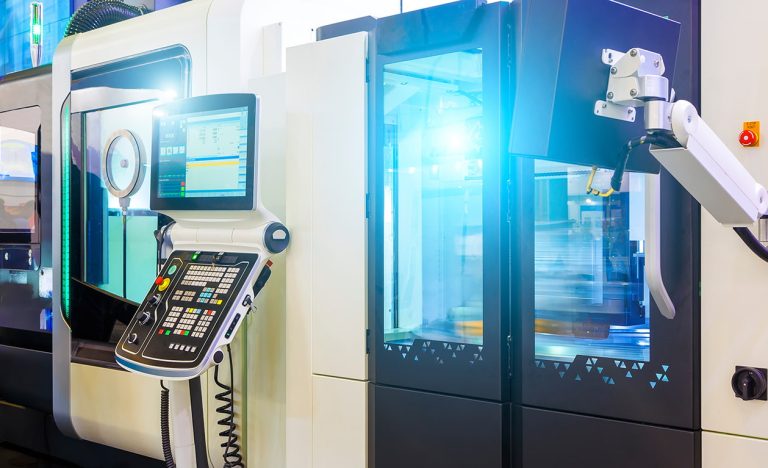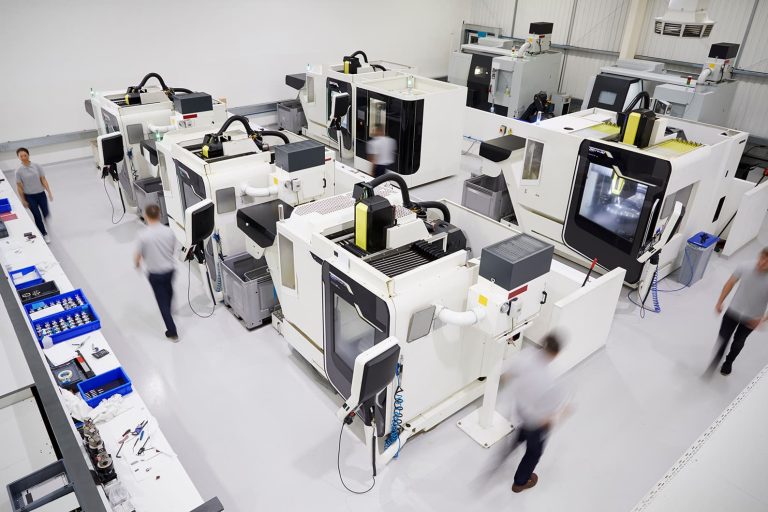Step 1:
Making blueprints or sketches into CAD (computer-aided design) & CAM(computer-aided manufacturing) files.
Step 2:
Setting up the program for the CNC machine.
Step 3:
Equipping the CNC machine
Step 4:
Operating & Monitoring or modifying the feed and speed of the CNC machine till the finished workpieces are done.


